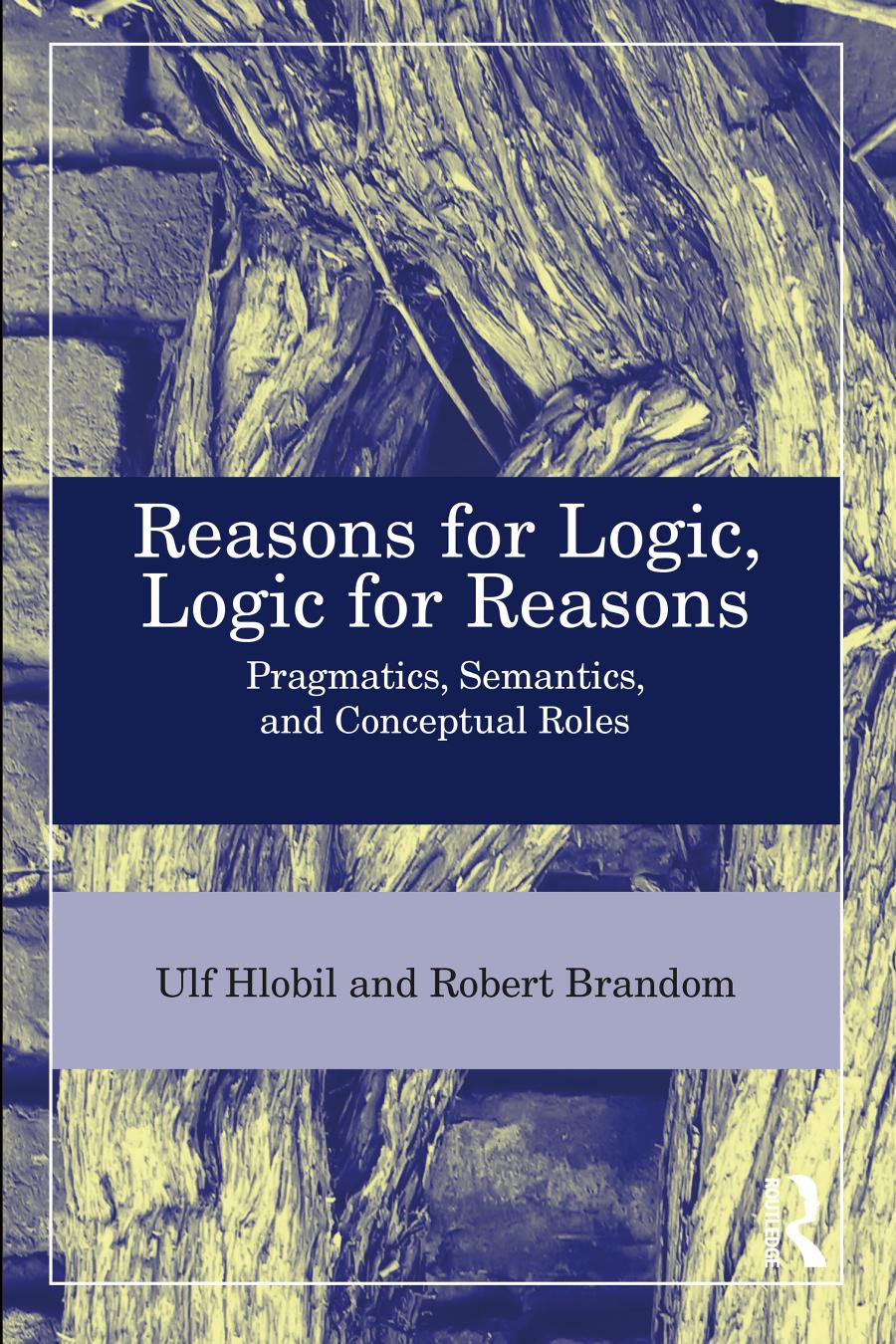

Most ebook files are in PDF format, so you can easily read them using various software such as Foxit Reader or directly on the Google Chrome browser.
Some ebook files are released by publishers in other formats such as .awz, .mobi, .epub, .fb2, etc. You may need to install specific software to read these formats on mobile/PC, such as Calibre.
Please read the tutorial at this link: https://ebookbell.com/faq
We offer FREE conversion to the popular formats you request; however, this may take some time. Therefore, right after payment, please email us, and we will try to provide the service as quickly as possible.
For some exceptional file formats or broken links (if any), please refrain from opening any disputes. Instead, email us first, and we will try to assist within a maximum of 6 hours.
EbookBell Team

0.0
0 reviewsThe book shows how we can understand different metavocabularies as making explicit the same reason relations, namely normative-pragmatic, alethic-representational, logical, and “implication-space” metavocabularies. This includes a philosophical account of the pragmatic role of reason relations, treatments of nonmonotonic and nontransitive consequence relations in sequent calculi, a correspondence between these sequent calculi and variants of truthmaker theory, and the introduction of a novel kind of formal semantics that interprets sentences by assigning inferential roles to them. The book thus offers logical expressivists and semantic inferentialists new ways to understand logic, content, inferential roles, representation, and reason relations.
This book will appeal to researchers and graduate students who are interested in the philosophy of logic, in reasons and reasoning, in theories of meaning and content, or in nonmonotonic and nontransitive logics.